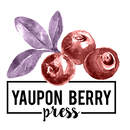|
Have you ever found yourself writing or revising your manuscript and confused about the rule for using a hyphen? Even though the confusion won’t stop you from writing, it can frustrate an author when they’re trying to polish their manuscript. For today’s post, I’m strictly focusing on hyphenating ages. The answer to hyphenate or not to hyphenate is always the same when using the CMOS style guide, which is the same guide used for books published in the US. 3 Ways Ages Are Used in a SentenceThere are three typical ways that age (the adjective) is used to describe someone or something in a sentence. What are these?
Examples of Sentences
If you’re wondering whether or not I love sugar cookies, I do. I also love many other forms of sweets, too, unless they’re expired and are sixty years old. My favorite are minute-old cookies that are still hot and gooey. For a detailed list of CMOS rules regarding ages and more, check out the site: Editing and Indexing. I love that site because it also clearly states the differences between AP and CMOS style. I hope these examples have helped you figure out whether or not to use hyphens when inserting the age of a noun (a person, place, or thing) within a sentence. When in doubt, ask an editor. You can always send me a quick email if you have a question about editing. If you found this post helpful, please consider sharing it on social media. To hire me as your editor or ask a question, email me. I also offer free sample edits for the first 500 words. Have fun writing!
Related Blog Posts

Are you an author in need of editing services?Enter your contact details, and we'll send you the information for our services. Thank you!
1 Comment
Dawn Husted
8/28/2020 02:07:15 pm
After this blog post went live, I received an email with a question regarding the use of a hyphen. Here are the questions and answers to the question.
Reply
Your comment will be posted after it is approved.
Leave a Reply. |
Archives
October 2021
Categories
All
Follow us on Facebook & Instagram for promotions and updates!This website uses marketing and tracking technologies. Opting out of this will opt you out of all cookies, except for those needed to run the website. Note that some products may not work as well without tracking cookies. Opt Out of CookiesHome | Services | About | Contact | FAQ | Blog |
Books | Site Map Yaupon Berry Press LLC, PO Box 9804, College Station, TX 77842 (USA) Phone: (979) 218-7292 Email: [email protected] |

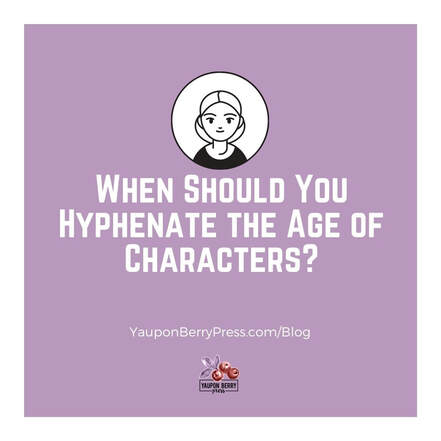


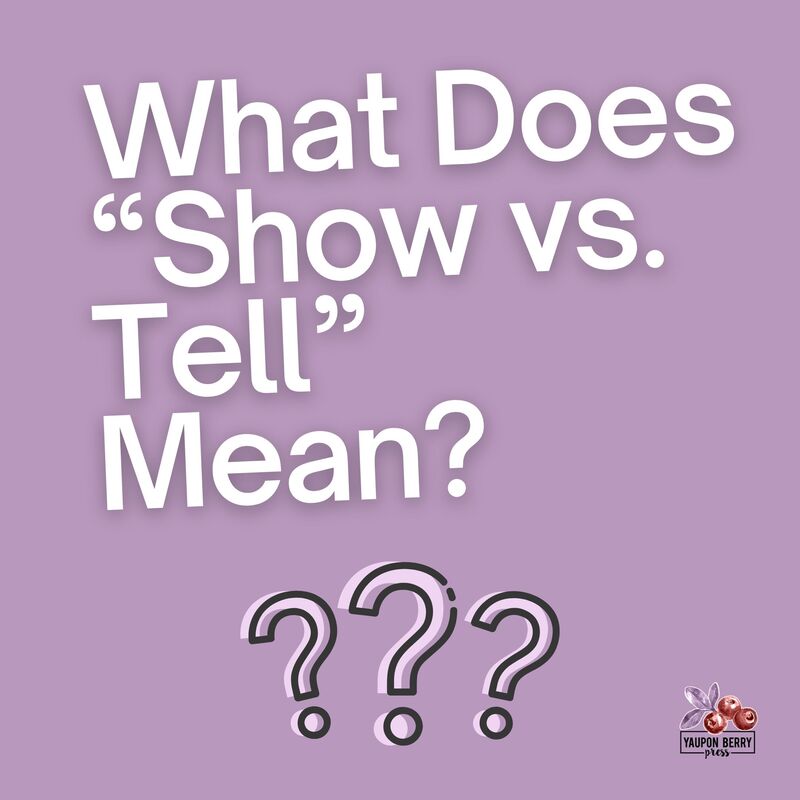
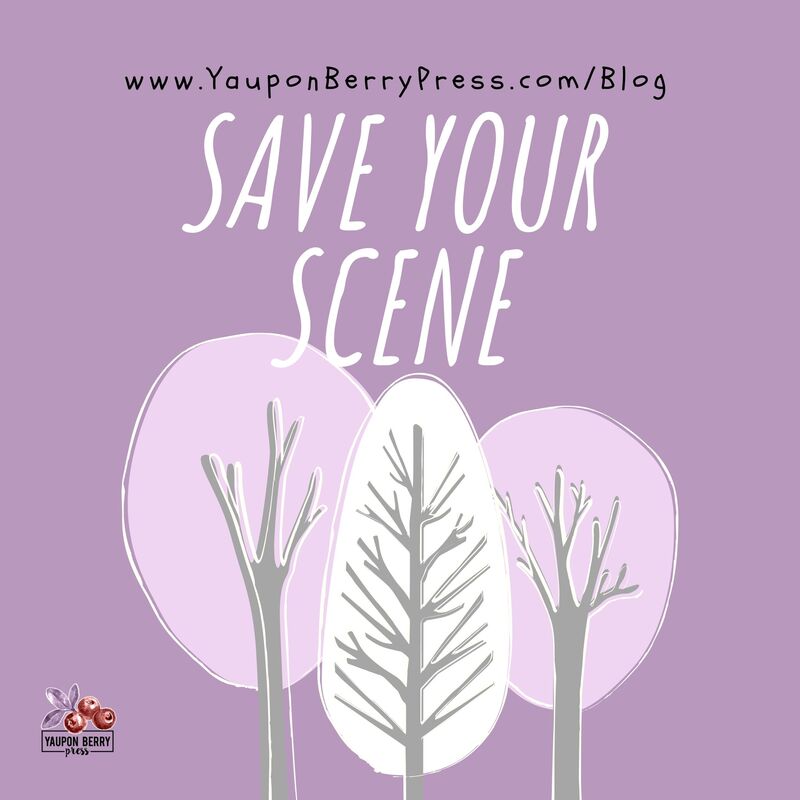
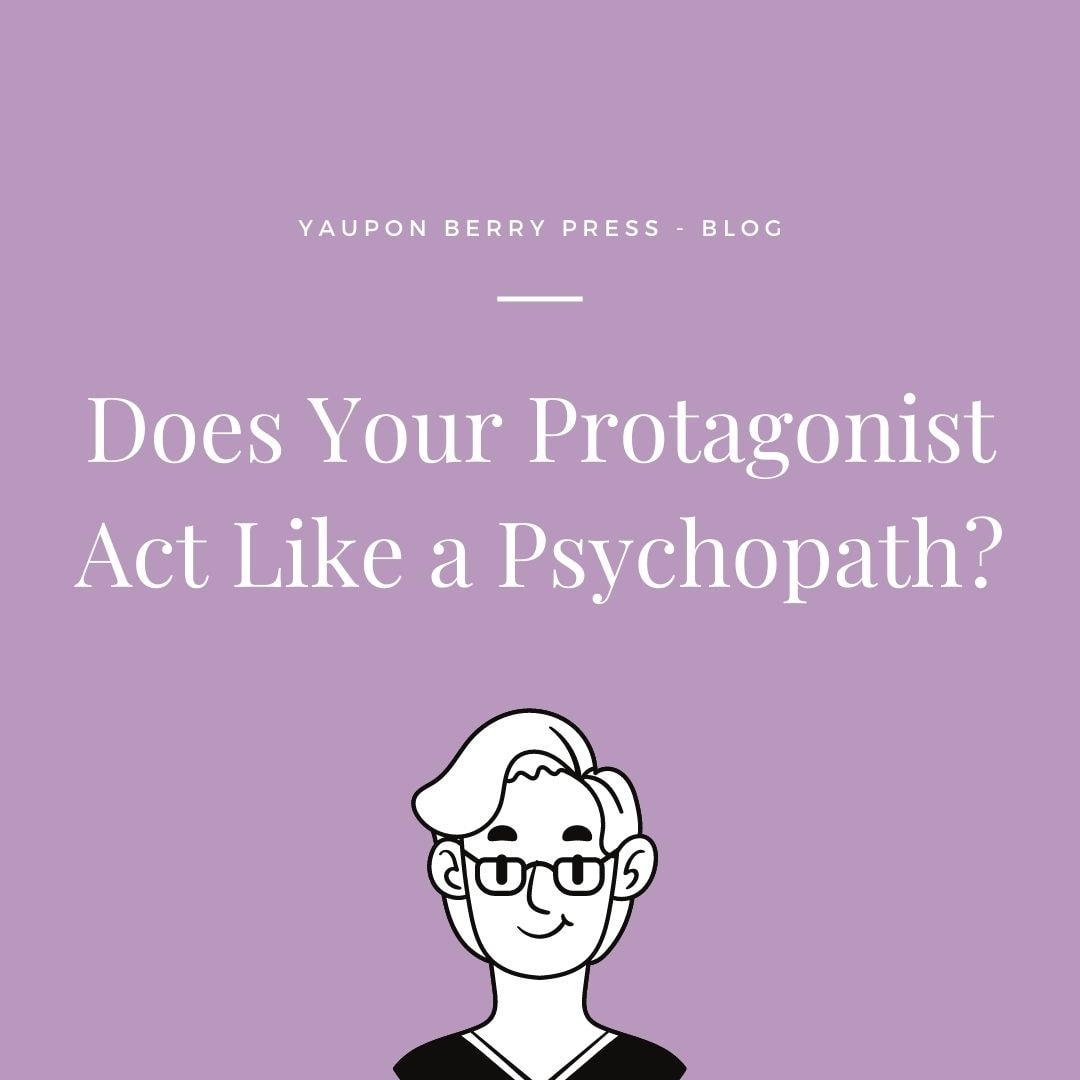
 RSS Feed
RSS Feed
